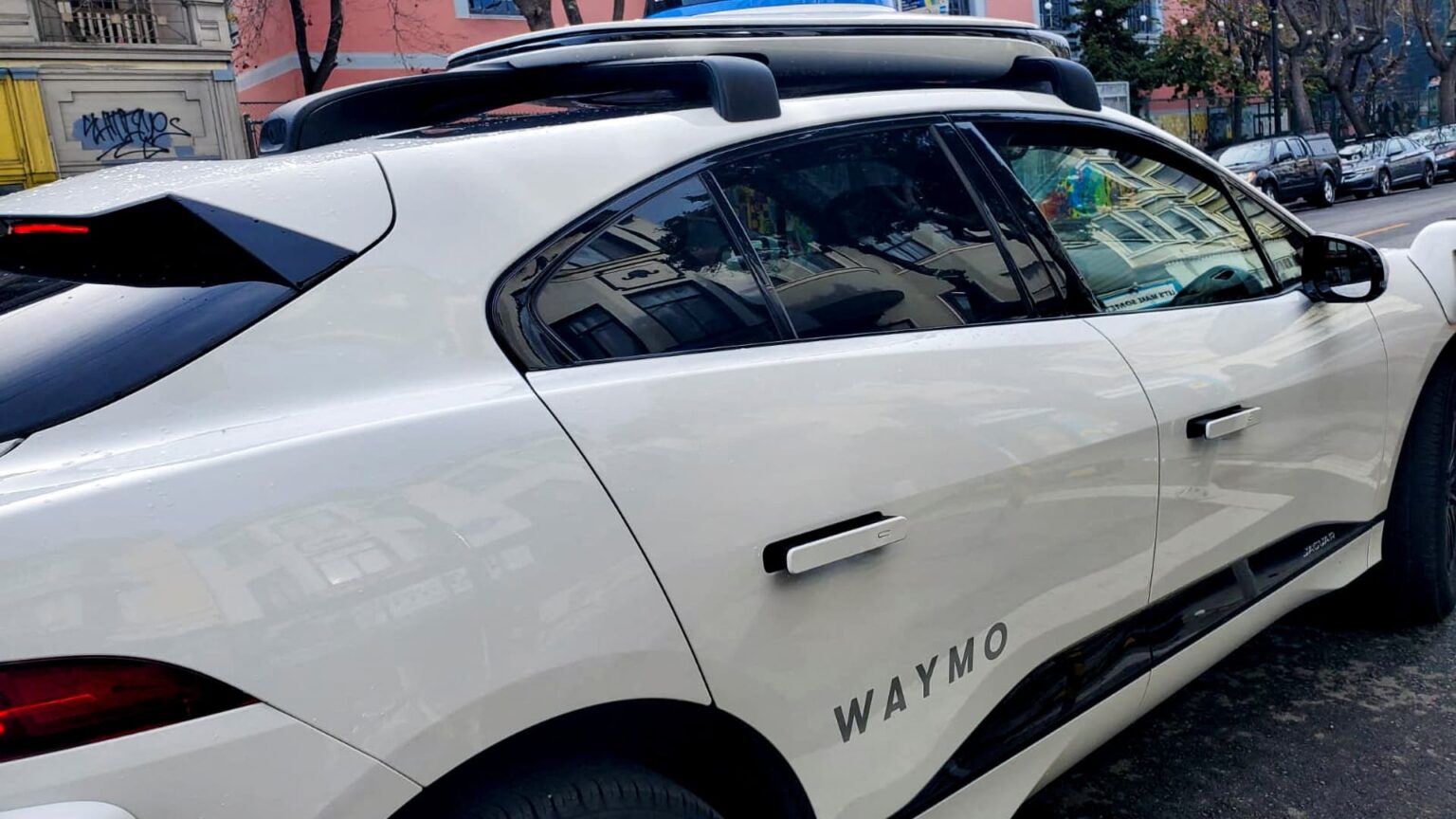A Waymo rider-only robotaxi is seen during a test ride in San Francisco, California, U.S., December 9, 2022.
Paresh Dave | Reuters
Alphabet reported Thursday that Waymo, its autonomous vehicle unit, is now delivering more than 250,000 paid robotaxi rides per week in the U.S.
CEO Sundar Pichai said Waymo has options in terms of “business models across geographies,” and the robotaxi company is building partnerships with ride-hailing app Uber, automakers and operations and maintenance businesses that tend to its vehicle fleets.
“We can’t possibly do it all ourselves,” said Pichai on a call with analysts for Alphabet’s first-quarter earnings.
Pichai noted that Waymo has not entirely defined its long-term business model, and there is “future optionality around personal ownership” of vehicles equipped with Waymo’s self-driving technology. The company is also exploring the ways it can scale up its operations, he said.
The 250,000 paid rides per week are up from 200,000 in February, before Waymo opened in Austin and expanded in the San Francisco Bay Area in March.
Waymo, which is part of Alphabet’s Other Bets segment, is already running its commercial, driverless ride-hailing services in the San Francisco, Los Angeles, Phoenix and Austin regions.
Earlier this month, Waymo and its partner Uber, began allowing interested riders to sign up to try the robotaxi service in Atlanta when it opens this summer.
The early pioneer in self-driving technology, Waymo has managed to beat Elon Musk-led Tesla and a myriad of now-defunct autonomous vehicle startups to the U.S. market.
Tesla is promising that it will be able to turn its Model Y SUVs into robotaxis by the end of June for a driverless ride-hailing service it plans to launch in Austin.
After about a decade of promises and missed deadlines, Tesla still does not offer a vehicle that’s safe to use without a human at the wheel ready to steer or brake at all times.
Musk criticized Waymo’s approach to driverless tech on his company’s first-quarter earnings call on Tuesday. Musk said Waymo autonomous vehicles are “very expensive” and made in only “low volume.” Tesla’s partially automated driving systems rely mostly on cameras to navigate, while Waymo’s driverless systems rely on lidar technology, other sensors and cameras.
Would-be competitors to Waymo also include Amazon-owned Zoox, Mobileye, May Mobility and international autonomous vehicle companies such as WeRide and Baidu’s Apollo Go.
WATCH: Tesla vs. Waymo: Musk casts doubt on Google’s robotaxi strategy

https://www.cnbc.com/2025/04/24/waymo-reports-250000-paid-robotaxi-rides-per-week-in-us.html


